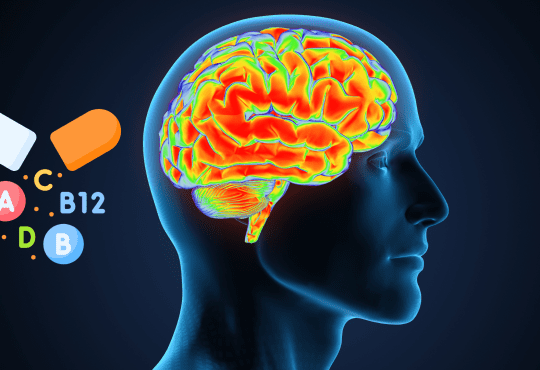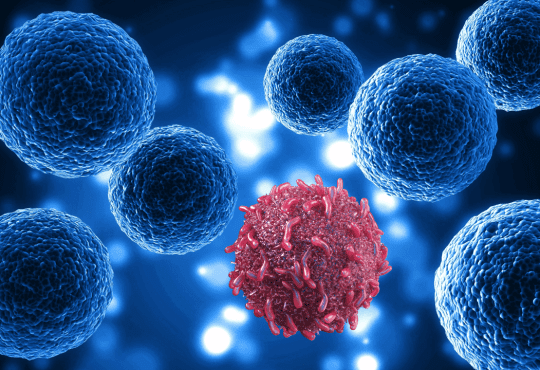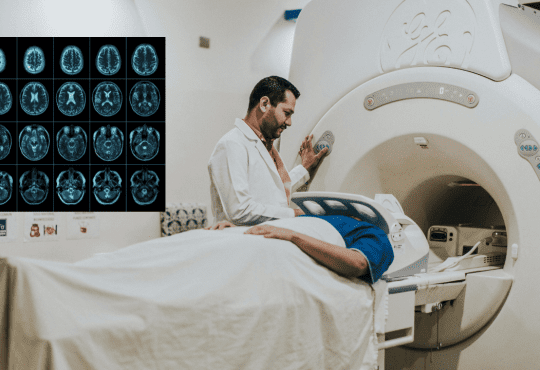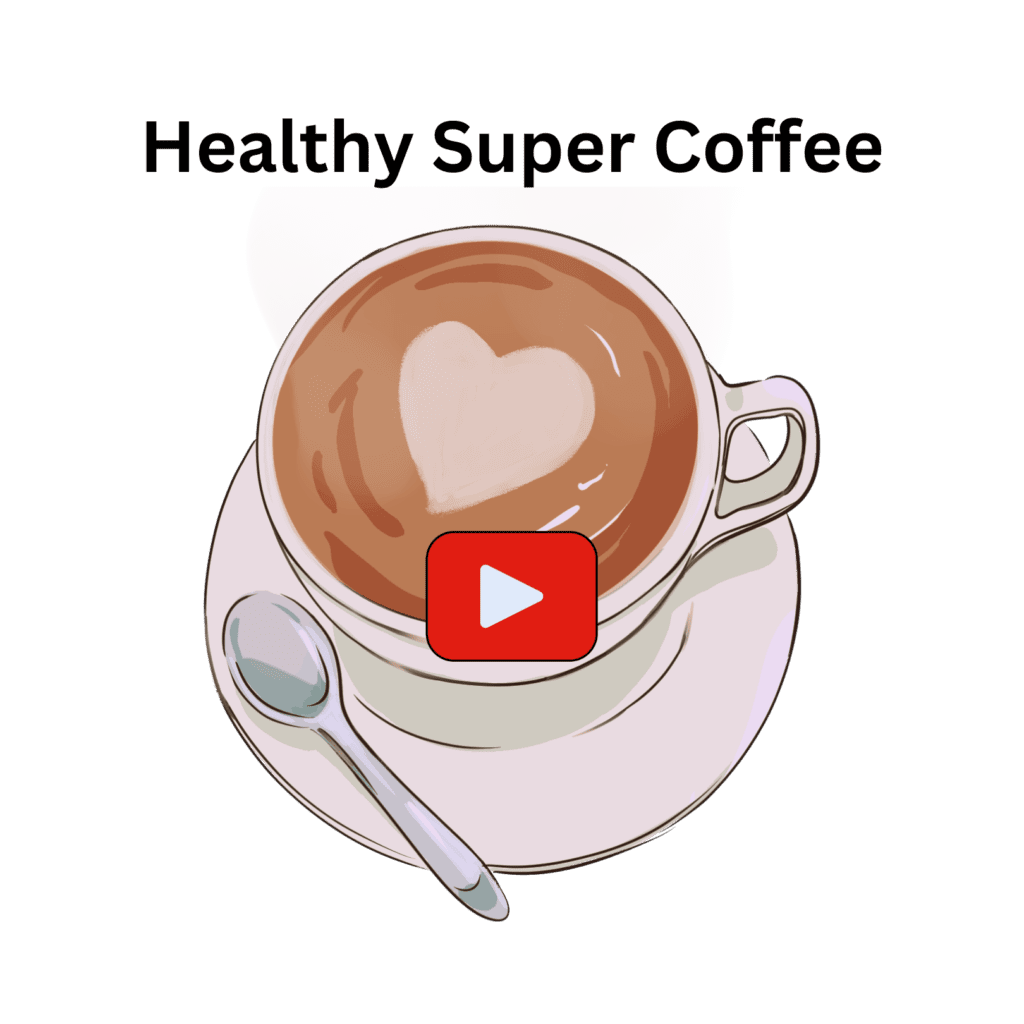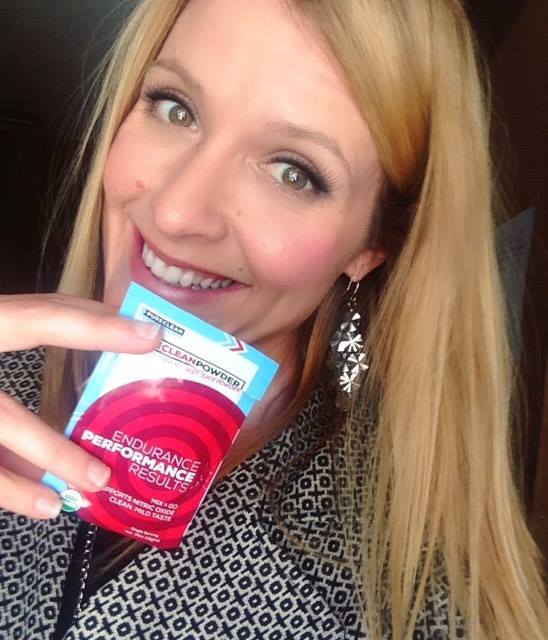
What would happen if you didn’t sleep?
What would happen if you didn’t sleep?
We all know sleep is important, but what would actually happen if you just stopped sleeping?
Let’s talk about what really goes on in your body and brain when you miss a night… and then another… and then another. The changes are more serious—and more surprising—than most people think.
After just 24 hours without sleep, your brain begins to slow down. You might notice that you’re more forgetful, your focus drifts, and even simple tasks start feeling harder. This is because your brain’s ability to process and store information gets disrupted. Reaction time slows down, coordination drops, and mood can swing wildly—you might feel irritable, anxious, or unusually emotional. In fact, studies have shown that staying awake for 24 hours affects your brain the same way as being legally intoxicated.
Your body starts to feel it too. Cortisol, the stress hormone, starts to rise. Blood pressure may go up slightly. And your immune system becomes less responsive—even after one sleepless night, your white blood cells don’t function as effectively, making you more vulnerable to infections.
If you go 48 hours without sleep, things get even harder. Your body starts going into overdrive trying to stay awake. You may begin to experience something called microsleeps—these are brief episodes where your brain actually shuts down for a few seconds, even if your eyes are open. You might not even realize it’s happening.
Cognitive function continues to decline. It becomes harder to form sentences, hold conversations, or remember what you’re doing from one moment to the next. You may start to feel detached, confused, or even disoriented. At this stage, your risk for accidents—especially while driving or operating anything that requires attention—skyrockets.
By the time you hit 72 hours of no sleep, your body and brain are in crisis mode. Decision-making becomes erratic. Mood swings intensify. And in some cases, people start to experience hallucinations—seeing or hearing things that aren’t there. This happens because your brain can no longer distinguish between what’s real and what’s imagined. Your perception becomes fragmented.
The longer you go without sleep, the more your immune system, metabolism, and heart health are affected. Your body struggles to regulate blood sugar and blood pressure. Inflammation markers go up. And your body starts to burn muscle instead of fat for energy. Even your gut health takes a hit, because sleep plays a major role in maintaining the balance of your microbiome.
Now here’s where things get dangerous. Prolonged sleep deprivation—especially when combined with stress or underlying illness—can trigger serious problems. In rare cases, it can lead to a condition called sleep deprivation psychosis, where the brain essentially loses touch with reality.
Thankfully, most people won’t push themselves this far. But even chronic partial sleep loss, like getting only 4 to 5 hours a night over a long period, can lead to real damage: memory issues, weakened immunity, mood disorders, weight gain, and even a higher risk for conditions like heart disease, stroke, and type 2 diabetes.
What Makes Sleep So Restorative?
Let’s take a moment to understand why sleep is so important—not just in hours, but in quality.
Each night, your body cycles through different stages of sleep: light sleep, deep sleep, and REM sleep. Deep sleep is when your body repairs tissues, builds bone and muscle, and boosts immune function. REM sleep is where your brain processes memories and emotions—it’s essential for clear thinking, learning, and emotional balance.
When sleep is disrupted or shortened, your body spends less time in these stages. That’s why even a full night of tossing and turning can leave you feeling foggy and drained the next day.
Why Older Adults Need to Prioritize Sleep
Now let’s talk specifically about older adults—because as we age, sleep becomes both more difficult and more critical.
It’s common for people over 60 to experience lighter, shorter sleep or to wake up more often during the night. But sleep needs don’t go away with age. In fact, sleep is essential for memory, balance, and immune strength—all areas that naturally weaken over time.
Poor sleep in older adults is linked to increased fall risk, slower wound healing, depression, and cognitive decline. Even vaccines are less effective when the immune system is sleep-deprived.
Daytime naps can help, but they can’t fully replace deep, uninterrupted night sleep. If you or someone you know is struggling with sleep, it’s worth exploring why. Sometimes it’s simple, like drinking caffeine too late or not getting enough daylight during the day. Other times, it’s a medical issue like sleep apnea, restless leg syndrome, or a side effect from medications.
Once the cause is addressed, sleep often improves—and so does energy, clarity, and mood.
So What’s the Takeaway?
Sleep isn’t just rest—it’s repair. During deep sleep, your brain clears out waste, your cells regenerate, your immune system resets, and your hormones rebalance. Without it, everything—from memory and metabolism to emotional health and physical healing—starts to fall apart.
If you’re having trouble sleeping regularly, it’s worth looking into the root cause. Sometimes it’s as simple as improving sleep hygiene—like cutting back on screen time before bed, limiting caffeine, or sticking to a regular bedtime. Other times, it may require medical support or lifestyle changes.
The most important thing? Don’t ignore it. Good sleep isn’t a luxury—it’s your body’s basic operating system.
